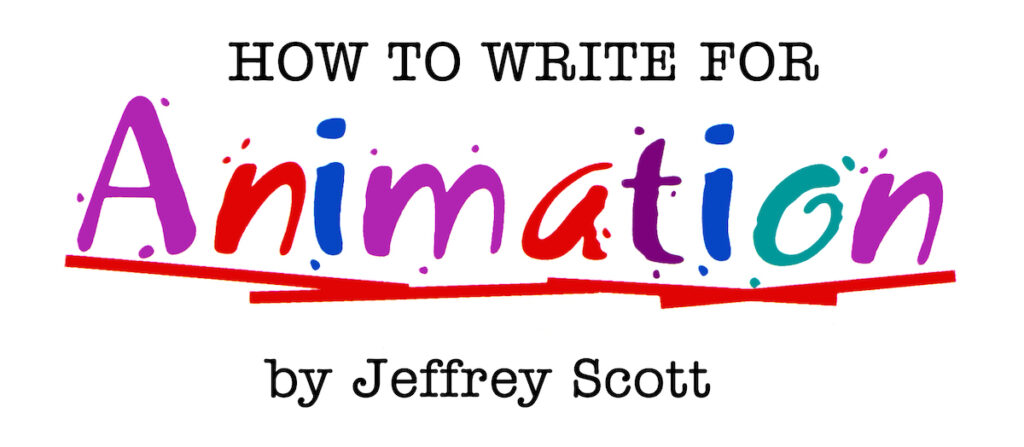
If you want to be an organ grinder you have to have an organ and a monkey. If you want to be an animation writer you need a few things, too. Fortunately, you don’t need much. And what you do need doesn’t bite or crap on your shoulder!
In this article, I am going to briefly discuss the basic tools of the screenwriter (which are the same for any scriptwriter, whether animation or live-action). These tools are:
• Paper and Pencil
• Computer
• Typing Skill
• Screenplay Software
• Internet Access
• Reference Links
• Creativity
Paper and Pencil
The reason I include paper and pencil is because I’ve discovered something very interesting when I write. Every now and then it helps to switch from computer to paper and back to computer. If you find that typing or staring at a monitor is getting monotonous or uncomfortable, or if you feel creatively blocked, try pulling out a legal pad and pencil, or your favourite fountain pen, and writing the old-fashioned way for a while. When I’m working out the beats for a story I generally write longhand for 15 to 30 minutes, until I get jammed and need my computer to spread my ideas out and more easily manipulate them. Then I’ll work on my computer for hours until I need a change of pace again. So don’t discount old “No. 2”. It can be quite useful.
Computer
Although writing on paper is good for short spurts do yourself a favour and don’t try to write a script on a legal pad or a typewriter. Because computers are infinitely easier to write better scripts. The ability to move text around easily and write action or dialogue and rapidly revise or delete it, makes computers indispensable.
Typing Skill
I’m a fast writer. In fact, my speed is limited by only one thing: how fast I type. And I type up to 100 words per minute. So do yourself a big favour, and if you don’t already know how, learn to touch type—fast. It is a vital tool for the writer.
Screenplay Software
If you want to be a professional writer get yourself some professional screenwriting software. Don’t use word processing software. It’s not just amateurish, it will slow you down. And the faster you can get the ideas out of your head and onto your screen, the better. Final Draft is the bestselling screenwriting software in the world. It has all kinds of tools to plan, write and collaborate on a screenplay. But as someone who has written hundreds of scripts, I can tell you with certainty that you don’t need them all. Final Draft is not inexpensive at $200 USD. I use Fade In Pro. It does everything I need as a professional, is cleaner and simpler to use, and it only costs $79.95 USD.
Internet Access
I don’t think I really need to sell this point. If you are alive you probably have Internet access, and you know why you have to have it. Here is one of the reasons a writer must have it:
Reference Links – I have some great reference books on my bookshelf. But they are collecting dust because there are much better ones online. If you need to define words or find synonyms, Dicionary.com and Thesaurus.com are invaluable. If you need rhymes go to RhymeZone. If you’re not writing in English find similar sites for your language. One of the best online dictionaries is OneLook. It does all kinds of neat tricks that can turn a writer into a magician.
Creativity
This, of course, is the most important tool of them all. Without it, the other tools don’t matter. It’s so important that I will devote an entire article to it in the future. So, stay tuned!
©Jeffrey Scott, All Rights Reserved
Jeffrey Scott has written over 700 animated and live-action TV and film scripts for Sony, Warner Bros., Disney, Marvel, Universal, Paramount, Columbia, Big Animation, Hanna-Barbera and others. His writing has been honored with three Emmys and the Humanitas Prize. He is the author of the acclaimed book, How to Write for Animation. To work with Jeffrey visit his website at www.JeffreyScott.tv.

